
Agriculture
June 29, 2024
Zambulance
Read SolutionImplemented by
Zambikes
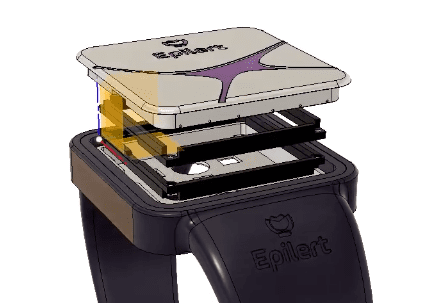
Updated on June 8, 2024
·Created on November 17, 2019
Epilert is a wearable device for epilepsy detection supervised by doctors through artificial intelligence.
Epilert is a smart wearable device which uses advanced sensors along with Machine learning to detect epilepsy seizures, send alerts to caregivers, monitor sleep and physical activities. The device connects to a mobile application to sync data and send alerts. It detects seizures from the electrical activity of the body, the sensors transduce it into stress level. Currently the product is undergoing clinical trials.
Target SDGs
SDG 3: Good Health and Well-Being
SDG 9: Industry, Innovation and Infrastructure
Target Users (Target Impact Group)
Household
Distributors / Implementing Organizations
Unknown
Countries
Tunisia
Manufacturing/Building Method
This product is currently in the prototyping phase and not yet manufactured at scale, it is currently in clinical trials in Tunisia.
Intellectural Property Type
Trade Secret
User Provision Model
The designers have not yet selected their user provision model.
Distributions to Date Status
None
Telecommunication service required
Mobile App
Level of connection service needed
SMS and phone call
Additional features required
Device console
Device(s) required
Mobile phone
Permanent network connectivity required (Y/N)
Y
Two way communication (Y/N)
N
Usage rate (%)
Unknown
Literacy support (Y/N)
N
Languages available
Multiple
Operating system and version
App based (iOSand Android)
Power requirements
Battery Powered
eHealth application
Wearable Device
Design Specifications
Epilert is a smart wearable device capable of transducing data in the form of electrical signals to stress level. The device functions with the help of a mobile application that can share the data with the healthcare professionals for the diagnosis.
Technical Support
Provided by manufacturer
Replacement Components
Replaceable components include the battery of the wearable device.
Lifecycle
Unknown
Manufacturer Specified Performance Parameters
Designer specified performance targets include detecting epilepsy seizures, sending alerts to caregivers, monitor sleep, and physical activities.
Vetted Performance Status
No testing has been completed
Safety
Users must take appropriate precautions when using the electrical wearable band.
Complementary Technical Systems
A reliable power source is required to charge this product.
Academic Research and References
Sasikala, R., Asuntha, A., & Indirani, S, 2016, Detection and prediction of seizures using a wrist-based wearable platform. Journal of Chemical and Pharmaceutical Sciences, 9(4), 3208-3215.
Ganesh Raam, K., & Sasikala, R., 2016 Detection and Prediction of Seizures using a Wrist-based Wearable Platform. International Journal of Circuit Theory and Applications, 9(37), 193-203.
Fisher, R. S, 2012, Therapeutic devices for epilepsy. Annals of neurology, 71(2), 157-168.
Jory, C., Shankar, R., Coker, D., McLean, B., Hanna, J., & Newman, C, 2016, Safe and sound? A systematic literature review of seizure detection methods for personal use. Seizure, 36, 4-15.
Abalo, Jacques. 2019. “Tunisie: Epilert, la solution pour soulager les enfants épileptiques.” Africa Top Success. April 6, 2019. https://www.africatopsuccess.com/tunisie-epilert-la-solution-pour-soulager-les-enfants-epileptiques/
“Vagus Nerve Stimulation (VNS) Therapy.” n.d. Epilepsy Foundation. Accessed June 8, 2024. https://www.epilepsy.com/treatment/devices/vagus-nerve-stimulation-therapy
“Sudep FAQs.” 2023. The Danny Did Foundation. February 7, 2023. https://www.dannydid.org/sudep-faqs/
“Goal 3.” n.d. Sdgs.Un.Org. Accessed June 7, 2024. https://sdgs.un.org/goals/goal3
“Study of Algorithm for Epilepsy Alert Device.” 2007. https://ichgcp.net/clinical-trials-registry/NCT00497835
Compliance with regulations
Unknown
Evaluation methods
Unknown
Other Information
None

Agriculture
June 29, 2024
Implemented by
Zambikes
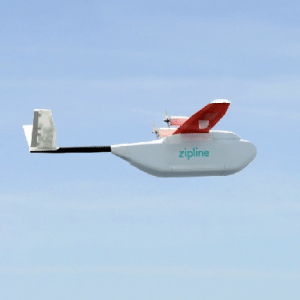
Agriculture
June 12, 2024
Implemented by
Zipline
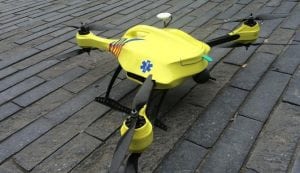
Agriculture
June 30, 2024
Implemented by
TUDelft

Agriculture
June 8, 2024
Implemented by
GiftedMom

Agriculture
June 22, 2024
Implemented by
Phillips South Africa and Rhiza Foundation

Agriculture
June 8, 2024
Implemented by
MAMA Bangladesh
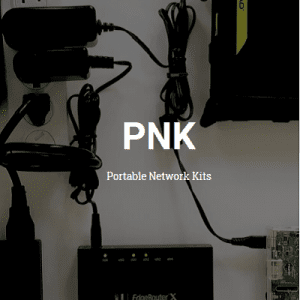
Agriculture
June 17, 2024
Implemented by
New America

Agriculture
June 22, 2024
Implemented by
The Okoa Project
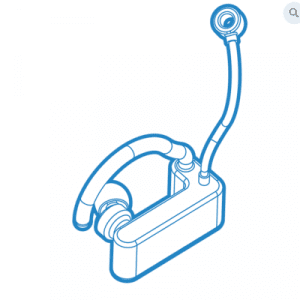
Agriculture
June 29, 2024
Implemented by
Ker-Jiun Wang
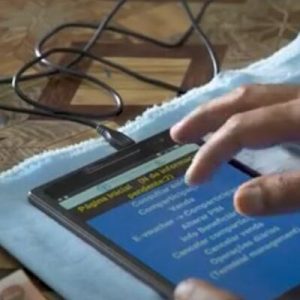
Agriculture
June 29, 2024
Have thoughts on how we can improve?
Give Us Feedback